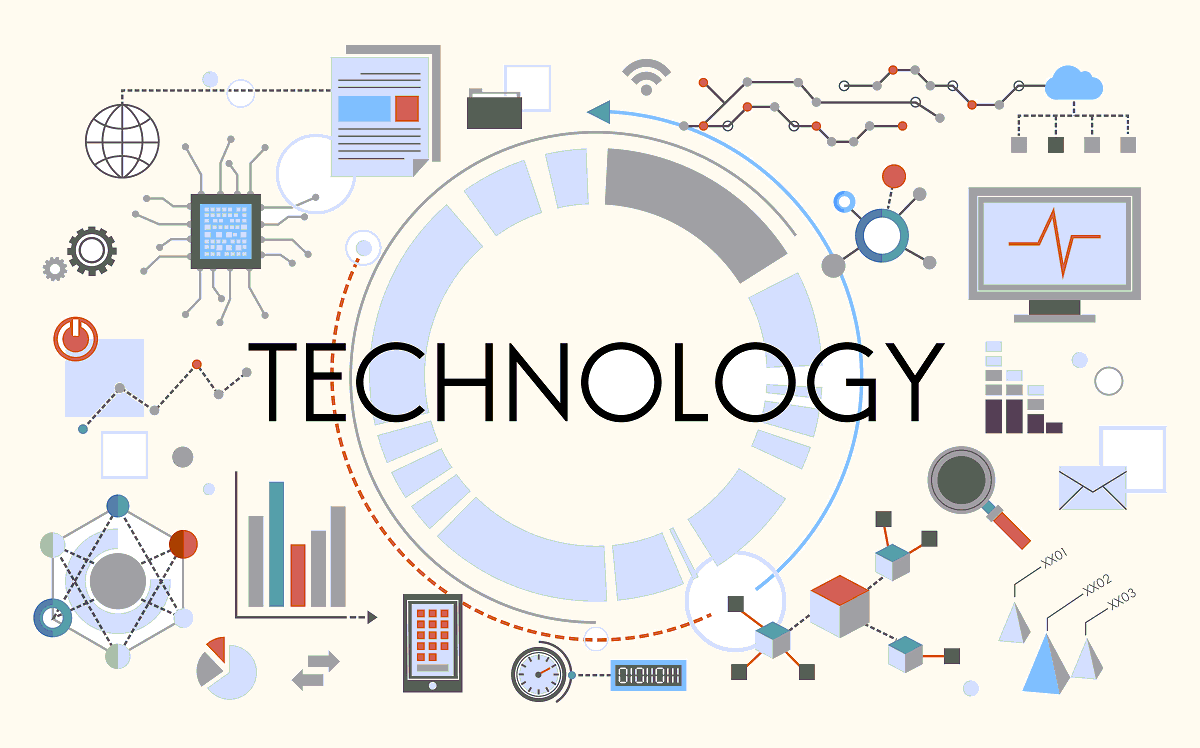
Information and Communication Technology (ICT) has revolutionized the way we live, work, and communicate. While it has brought about numerous benefits, it has also created new challenges for society. In this article, we will explore the impact of ICT on society and the advantages and disadvantages of technology.
Definition of ICT
ICT refers to the technologies and tools used for processing, storing, and communicating information, including computers, mobile devices, the internet, and other digital communication technologies.
Advancements in ICT and their impact on society
The rapid advancement of ICT has had a significant impact on society. According to a report by the United Nations, more than half of the world's population now has access to the internet. This has led to increased access to information, improved communication, and increased productivity.
Positive effects of ICT on society
Increased access to information
One of the biggest advantages of ICT is increased access to information. The internet has made it easier for people to access information and knowledge from around the world. This has enabled individuals to learn about new topics, research and develop new ideas, and connect with others.
Improved communication
ICT has also greatly improved communication. The widespread use of email, instant messaging, and social media has made it easier for people to connect and communicate with others, regardless of their location. This has brought people closer together and created new opportunities for social, cultural, and economic exchange.
Increased productivity
ICT has also led to increased productivity in many industries. Automated processes, digital tools, and online platforms have made it easier for businesses to manage their operations, reduce costs, and improve their efficiency. This has resulted in increased competitiveness and economic growth.
Negative effects of ICT on society
Increased social isolation
While ICT has improved communication, it has also increased social isolation. Many people spend more time on their digital devices and less time interacting with others in person. This has led to feelings of loneliness and decreased social interaction.
Decreased privacy
Another negative effect of ICT is decreased privacy. The widespread use of digital devices and the internet has made it easier for individuals' personal information to be shared and potentially misused. This has raised concerns about privacy and security.
Increased cybercrime
The growth of ICT has also led to an increase in cybercrime, including hacking, identity theft, and online fraud. This has become a major concern for individuals, businesses, and governments.
Latest developments in ICT and their impact on society
The impact of ICT on society continues to evolve as new technologies are developed. One of the latest developments is the growth of e-commerce and its impact on the job market and traditional retail businesses. Another is the impact of ICT on the healthcare industry, including the development of telemedicine and electronic health records.
Role of individuals and governments in mitigating the negative effects of ICT
Individuals and governments play an important role in mitigating the negative effects of ICT. Individuals can reduce their risk of privacy violations by being cautious about what they share online and by using strong passwords and security measures. Governments can implement policies and regulations to protect individuals' privacy and to reduce the risk of cybercrime.
Conclusion
In conclusion, ICT has had a significant impact on society and brought about numerous benefits, including increased access to information, improved communication, and increased productivity. However, it has also created new challenges, such as increased social isolation, decreased privacy, and increased cybercrime. To mitigate these negative effects, it is important for individuals and governments


